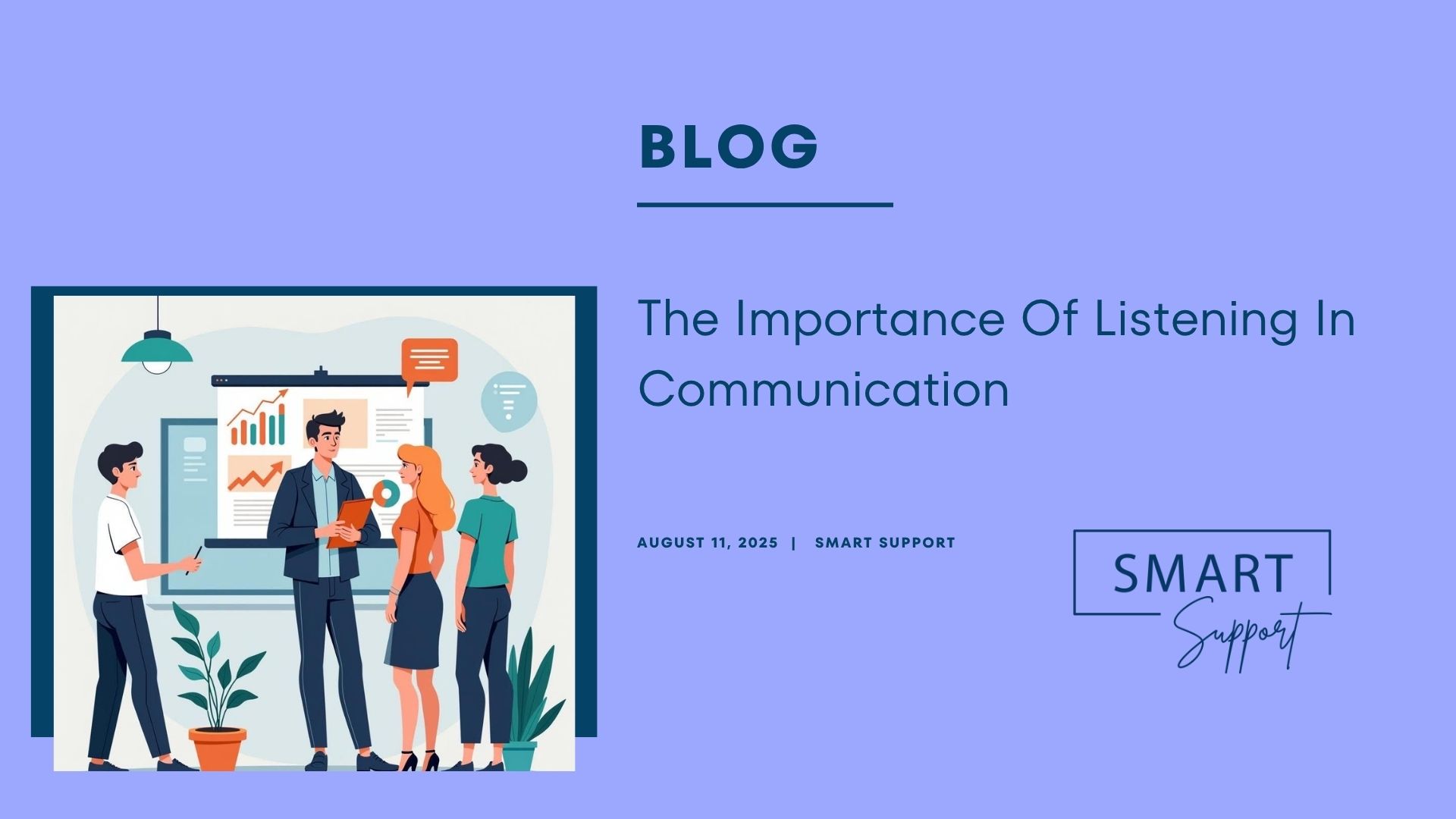We often think that communication means saying words, expressing thoughts and transmitting accumulated information. However, the most valuable connection is created when listening, which is an active choice to receive and understand the other person’s opinion, experience and emotions. This is the space of the relationship where trust is created, because by listening we make the person feel that they are important. When we are only focused on the conversation, we lose the opportunity to understand the deeper meaning, the nuances that are hidden behind the words in the tone, pause and even silence.
In both business and personal life, listening gives us the ability to better understand needs, see the essence of the problem and make more intelligent decisions. Within a team, this creates an environment where everyone feels that their voice is important and there is unity.
In both business and personal life, listening gives us the ability to better understand needs, see the essence of the problem and make more intelligent decisions. Within the team, this creates an environment where everyone feels that their voice matters and unity is built.
In his most popular and influential book, “The 7 Habits of Highly Effective People,” Stephen Covey describes five distinct levels of listening:
1. Ignorance — not listening at all, your attention is elsewhere.
2. Pretend Listening — pretending to listen, but not really engaging.
3. Selective Listening — listening only to the parts that interest you.
4. Attentive Listening — listening to the words, but not capturing the emotion and depth.
5. Empathic Listening — listening in a way that you understand both the words and the feelings and see the situation from the other person’s perspective.
According to Covey, people often listen only to respond, not to understand. The goal should always be to listen empathetically, not just to hear the other person, but to understand from their perspective. We see the other person through their eyes and feel with their heart.
This approach is especially transformative in business. For example, for years, a sales team at a global technology company had been giving presentations, talking a lot, and spending a lot of energy on explaining the features of their product to their audience. However, the results were not satisfactory. After one of the managers changed their approach and devoted part of the meeting to listening to the audience and learning about their needs, the results improved and sales increased. It was a listening strategy and the right move. Listening is a skill that requires self-control, patience, and genuine interest. This means that when we speak, we don’t plan our next sentence, but rather feel the moment we are in. This is where a real connection is born, which goes much deeper than words. Listening is the most powerful tool that helps us understand other people better. It is equally necessary for a manager, a partner, or a friend.


